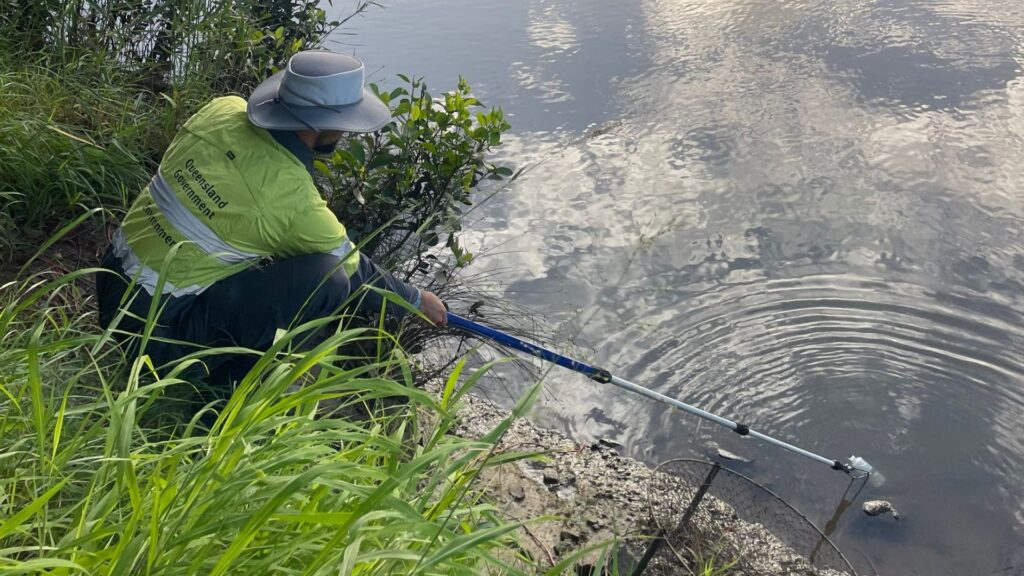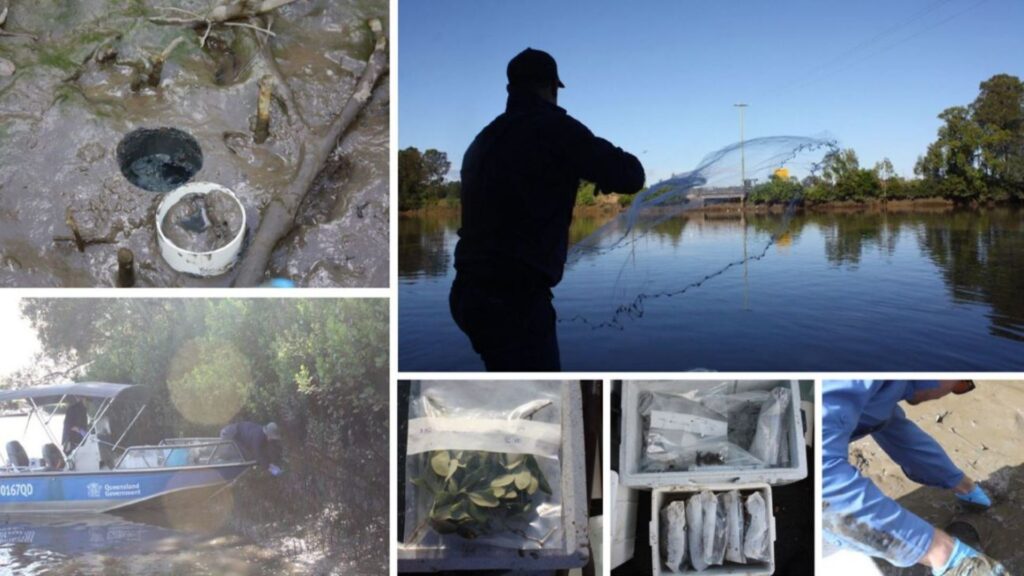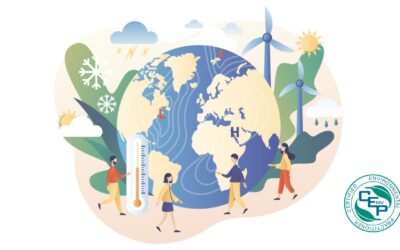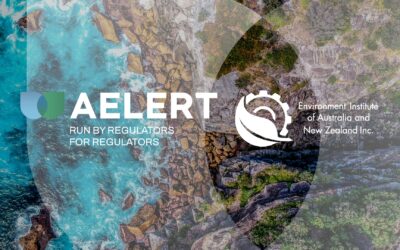
Gold Coast to benefit from multi-million dollar enforcement action following Albert River sewage spill
Gold Coast residents are set to benefit from more than $2.1 million in direct environmental improvements, including better water quality and a significant upgrade to the city’s sewerage network.
The improvements come after the state’s environmental regulator, the Department of Environment, Tourism, Science and Innovation (DETSI), secured a significant enforcement decision following its investigation into the impact of the Albert River sewage spill.
DETSI and the City of Gold Coast Council agreed to an enforceable undertaking in September 2024.
An enforceable undertaking is an enforcement tool under the Environmental Protection Act 1994 that sets out actions that must be carried out to secure compliance with the Act and enhance the protection of the environment.
The enforceable undertaking requires Council to carry out environmental restoration works across the Albert and Logan River estuaries, as well as vital improvements to its aging sewerage infrastructure including enhanced leak detection systems and monitoring of the network.
This enforceable undertaking is one of the largest environmental enforcement decisions ever handed down in Queensland.
DETSI launched an investigation into the cause and extent of environmental harm after more than 450 million litres of sewage spilled into the Albert River between January and April this year following the failure of a council pipe in Yatala.
The investigation determined that the release of contaminants had caused a significant negative impact on water quality.

When considering appropriate enforcement action, DETSI determined the community would be best served by ensuring ratepayer monies remained in the local community rather than Council bearing the costs of a prosecution and ultimately any penalty imposed.
Key requirements of the enforceable undertaking include:
- A $1.1M project to remove weeds and plant native vegetation at August Burrow Park, Alberton that will improve the condition of the wetlands, improve water quality, provide better habitat connectivity and improve the biodiversity and resilience of the ecosystem
- A $120,000 project to remove weeds and plant native vegetation at Halls Road Nature Reserve, Luscombe
- A more than $1M project to design and implement an enhanced sewer network monitoring project that will significantly reduce the risk of future sewage spills
- The provision of high value scientific data to DETSI and industry
- Substantial improvements to infrastructure management systems and processes including condition assessments of all high-risk infrastructure.
Following the spill, the department has been satisfied with Council’s response to the incident, cooperation in our investigation, and its commitment to fully implement the recommendations from its own independent investigation into the cause of the spill.
More information can be found via the DETSI website.
More on Enforceable Undertakings
During the AELERT-INECE 2024 Global Summit for Implementing and Enforcing Enviromental Law, two speakers presented cases for the use and effectiveness of enforceable undertakings as a regulatory tool and strategy.
Members can access the recordings and presentations via the resource library.
AELERT-INECE 2024 Global Summit: Day 1
Session 5: Restorative and Environmental Justice
Presentation: Utilising enforceable undertakings as an enforcement response to environmental crime
Dr Sarah Wright, Senior Lecturer, School of Law (presenting author)
Dr Victoria Colvin, Senior Lecturer, School of Law
University Of Wollongong
Presentation: Enforceable undertakings and public confidence: innovative enforcement response or a soft option?
Lisa Stockley, Director Investigations and Enforcement
Natural Resources Access Regulator (NRAR)
This article was originally published in the December 2024 Environmental Regulatory Updates newsletter from the Department of the Environment,Tourism, Science and Innovation (DETSI) Queensland.










